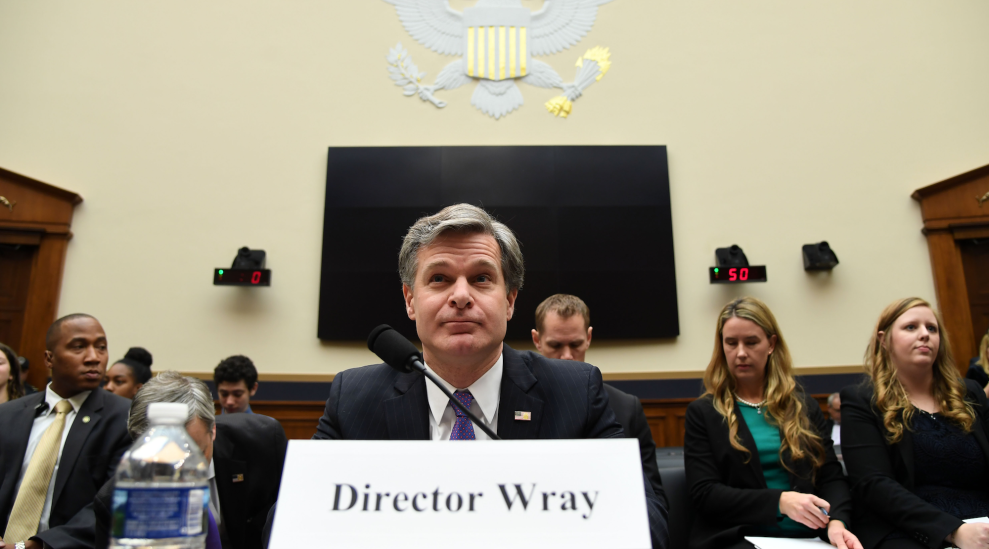
The House oversight committee has launched an investigation into Rob Porter’s employment at the White House and plans to look into how the former staff secretary, who resigned last week amid domestic abuse allegations, was able to handle classified information without proper security clearance.
Committee chairman Rep. Trey Gowdy confirmed the investigation on Wednesday, but only when repeatedly pressed by CNN’s Alisyn Camerota on what the committee was willing to do in order to look into the scandal. “What matters to me is that we are directing inquiries to people that we think have access to information we don’t have,” Gowdy said. “You can call it official, you can call it unofficial. Those words don’t mean anything to me.” (Rep. Elijah Cummings, the ranking Democratic member of the oversight committee, had previously criticized Gowdy for blocking efforts to seek answers on Porter and the White House’s shifting narratives.)
“What means something to me is I’m going to direct questions to the FBI that I expect them to answer, and if they don’t answer them then they’re going to have to give me a really good reason,” Gowdy continued.
On Tuesday, FBI Director Christopher Wray revealed during testimony before the Senate intelligence committee that the FBI had warned the White House about Porter four times before the abuse accusations became public last week. Wray’s timeline stood in stark contrast to the White House’s continued refusal to disclose who at the White House knew about Porter’s abuse allegations, and when they knew.
In the wake of the engulfing scandal, the White House has repeatedly appeared to blame the FBI and “career officials” for any potential lapses in Porter’s background check.
Cummings on Wednesday welcomed Gowdy’s decision to launch an investigation into the matter, but stressed that the integrity of the probe remained to be seen. “I commend Chairman Gowdy for taking this preliminary step. But obviously—obviously—the credibility of this investigation will be judged by how thorough it is in obtaining documents and interviewing witnesses, and how bipartisan it is in its conclusions,” he said.













